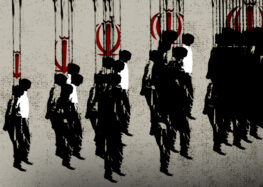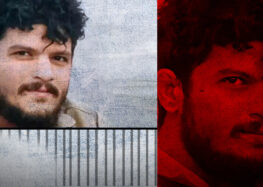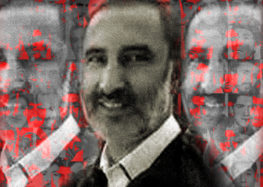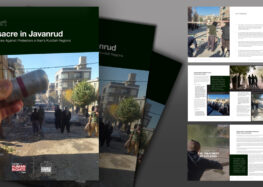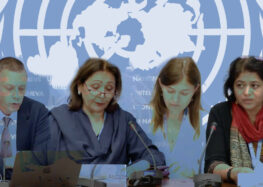Fact Sheet: Children in Iran Are Unprotected from Abuse and Severe Rights Violations
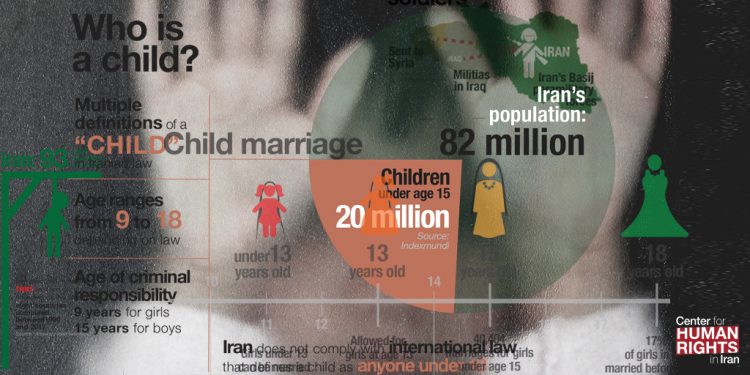 July 16, 2019—At a time when international headlines are focused on Iran, little attention is given to the millions of children in the country who are subjected to a broad range of abuses and rights violations, including scant legal protection against physical or sexual violence, widespread child marriage and labor, and execution for crimes committed while juveniles.
July 16, 2019—At a time when international headlines are focused on Iran, little attention is given to the millions of children in the country who are subjected to a broad range of abuses and rights violations, including scant legal protection against physical or sexual violence, widespread child marriage and labor, and execution for crimes committed while juveniles.
While there is a committed constituency for children’s rights in Iran, serious issues remain unaddressed, as highlighted in a new fact sheet by the Center for Human Rights in Iran (CHRI), Children in Iran.
Download the fact sheet here.
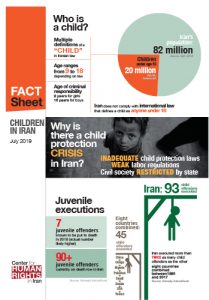 “Children, who are among societies’ most vulnerable citizens, are a nation’s future; they must be protected,” said Hadi Ghaemi, CHRI executive director.
“Children, who are among societies’ most vulnerable citizens, are a nation’s future; they must be protected,” said Hadi Ghaemi, CHRI executive director.
“Advocates in Iran have worked hard for children’s rights, but critical issues such as juvenile executions, child labor and child marriage remain to be addressed,” Ghaemi added.
Iran’s execution of child offenders, which is absolutely prohibited under international law, has been called “deplorable” by UN High Commissioner for Human Rights Michelle Bachelet.
Among the facts highlighted by CHRI:
- Juvenile executions: Iran is the world leader in executions of juvenile offenders; at least 7 were executed in 2018 and over 90 are currently on death row.
- Child marriage: Girls can be married at age 13, younger with father and judge’s consent. 17% of Iranian girls are married under age 18; 6% between ages 10 and 14.
- Child labor: The UN says there are 3 million child laborers in Iran, Iranian NGOs put the number closer to 7 million. They are prevalent throughout the economy.
- Child abuse: Inadequate laws fail to protect children from physical or sexual abuse.
- Street children: There are an estimated 200,000 street children in Iran’s urban centers.
- Migrant children: Over a million migrant children, primarily Afghan, are highly vulnerable to forced labor and trafficking for the sex trade and as child soldiers.
- Children with disabilities: Often hid at home and unprotected from abuse, some 3 million children with disabilities lack access to critical services.
- LGBTQ youth: Frequent victims of violence at home, schools and communities, LGBTQ youth are unable to seek protection due to the criminalization of same sex relations in Iran.
CHRI fact sheets present concise, easily accessible information on critical human rights issues, and include charts, graphs and other infographics that make complex issues quickly understandable.
Other CHRI fact sheets include the Internet in Iran, Disabilities Rights in Iran, Deaths in State Custody of Political Prisoners, and Human Rights in Iran.

